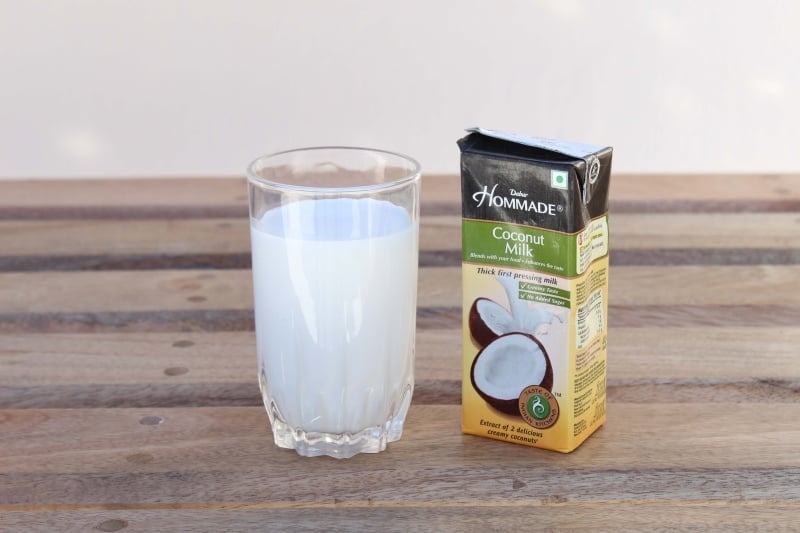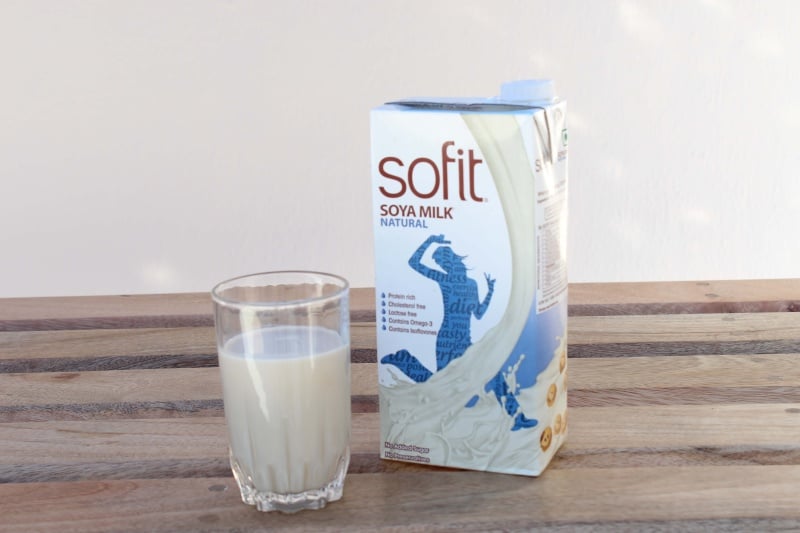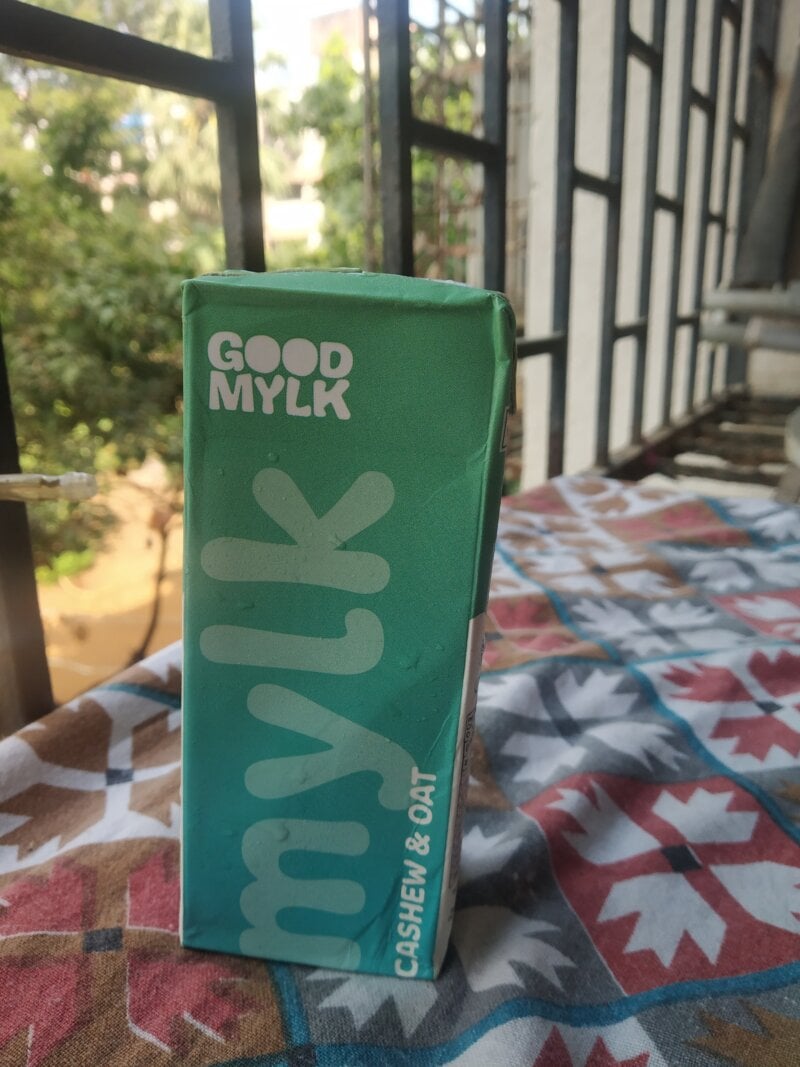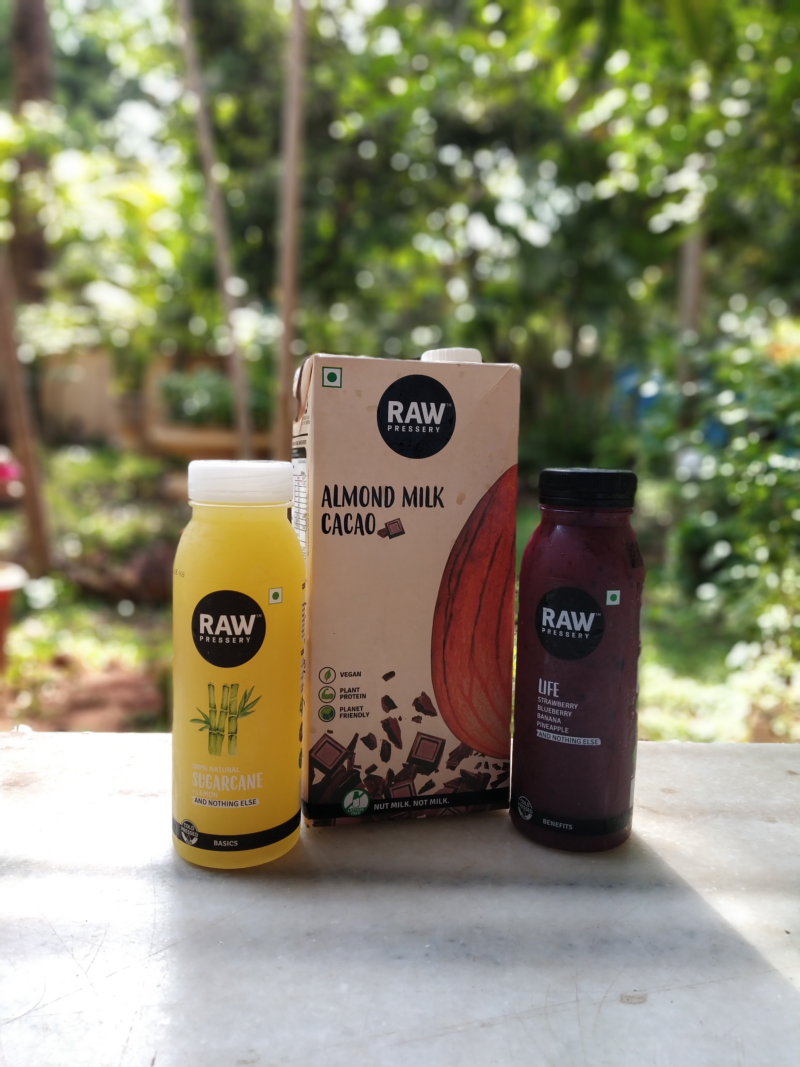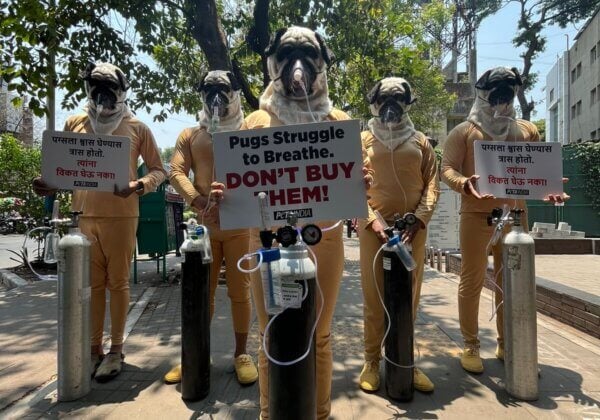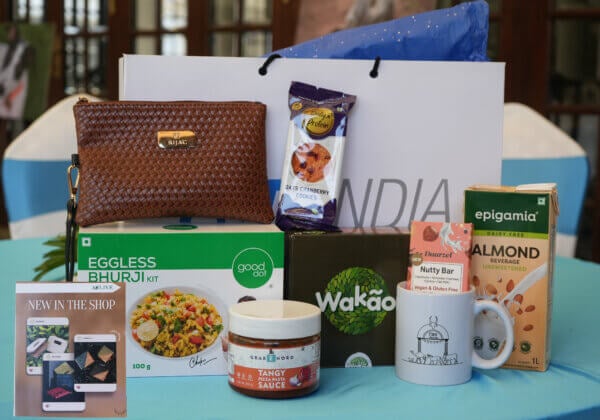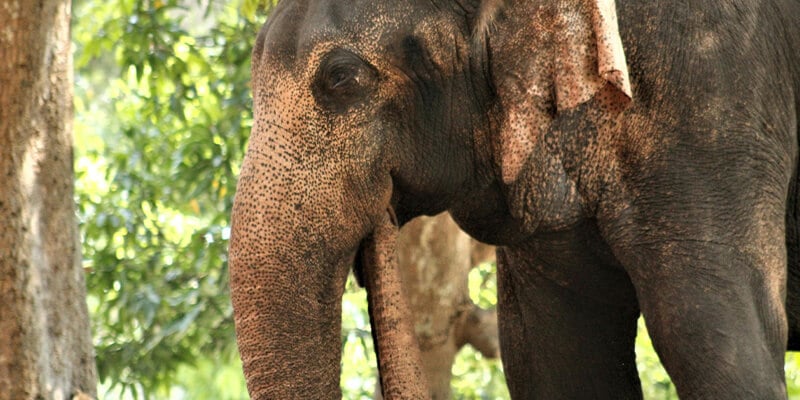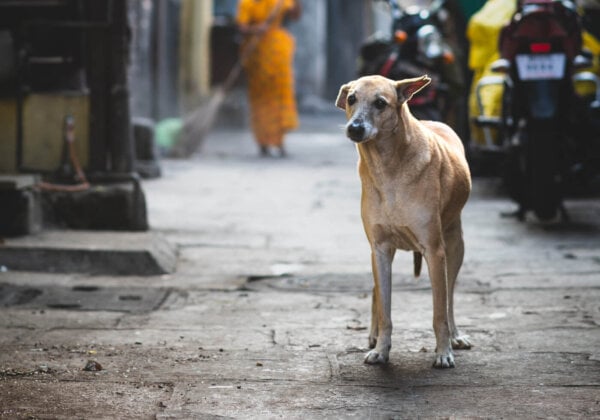India Must Seize New Agricultural Opportunities as the World Leaves Dairy in the Dust
Dairy company Amul’s attempts to turn public attention away from the need for diversification of business interests in light of the growth of the dairy-free milk industry must be viewed for what it is: a corporate panic attack that will leave Indian farmers and even its own company on the back foot as consumer choices change.
We offered the company some sound advice based on the experience of other major international corporations: stop panicking, accept that delicious dairy-free milk sales will only grow, and make the business-savvy decision to transition to producing them – or other companies will leave you in the dust. We offered examples of numerous meat and dairy companies that are already investing in or creating vegan foods, showing Amul the way to the a rosy future.
In the letter to Amul’s managing director, we pointed out that the demand for vegan food and beverages is so great that a report by Grand View Research reveals that the global market for alternatives to dairy is conservatively estimated to reach USD$52.58 billion by 2028. Analysts at the British financial services company Barclays predict that the vegan food and beverage market is likely to increase by more than 1,000% by the end of the decade, and a 2019 article on Franchise India Holdings Limited’s website reports that the number of vegans in India has risen by 360% in the past decade, a number that is rising exponentially. The vegan food and beverage opportunity for Indian businesses and farmers is so great that Forbes ran an article saying India can be a “global vegan economic powerhouse”.
In India, the dairy sector is the primary supplier of cattle to the beef industry. Today, most cows and buffaloes used for dairy are raised in a factory or tabela environment. They are artificially inseminated by workers who insert their arm into the animal’s rectum and a metal rod carrying bull semen into the vagina. If this happened to a dog, we would consider it rape, and it is no less violating to a cow or buffalo just because it happens institutionally.
Their calves are typically taken from them shortly after birth so that the milk nature intended for them can be consumed by humans instead. You’ve seen them on the street: male calves who are of no value to the dairy business, cast out to starve. Many others are sold to be killed for their flesh and skin, while females are sentenced to the same fate as their mothers. They’re used as milk machines until their bodies give out, at which point many are abandoned or slaughtered. Some end up at severely crowded, and often poorly run, gaushalas, which are often just dairies themselves.
Amul’s model now also includes a large tabela system.
Such is the dairy industry’s panic that the National Cooperative Dairy Federation of India has made a plea in the High Court of Delhi that only animal milk be permitted to be called “milk”. However, in a 2018 article, the Smithsonian Magazine explains that referring to plant-based milks, such as coconut milk, as milk dates back centuries and is consistent across countries. In vernacular terminology, it is referred to as badam ka doodh and nariyal ka doodh.
In its letter to Amul, PETA India notes that major dairy companies around the world – including Nestlé, Chobani, Danone, Yoplait and India’s own Epigamia – are now investing in non-dairy options.


